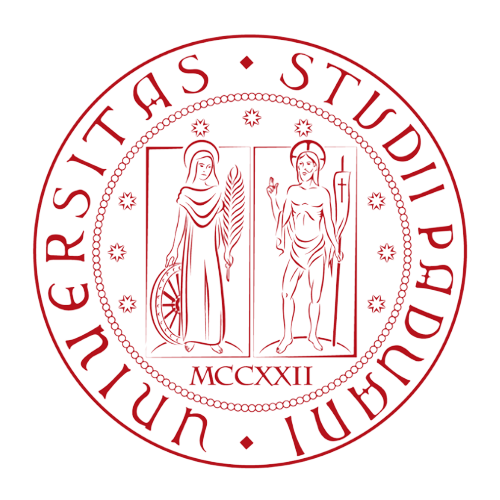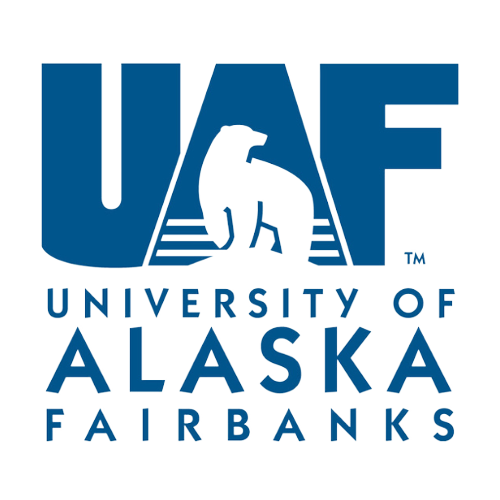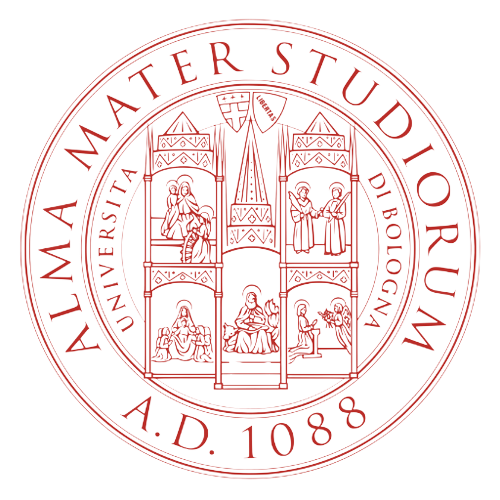The modules described here are the ones that we currently offer and will give you a good idea of the range of subjects that we teach. However as our undergraduate teaching is research led and we constantly review our teaching to ensure that the modules that we offer are up to date there may be changes to module titles and content.
Please note: The modules listed on the website for this programme are regularly reviewed to ensure they are up-to-date and informed by the latest research and teaching methods. Unless indicated otherwise, the modules listed for this programme are for students starting in 2023. On rare occasions, we may need to make unexpected changes to compulsory modules after that date; in this event we will contact offer holders as soon as possible to inform or consult them as appropriate.
First Year
The first year modules are designed to give you a broad and balanced view of modern biology. They will develop from what you have learned at school but you will soon be learning new material. You also take a Widening Horizon Module, which allows you to access to content from other Schools, from Humanities to the Sciences to Engineering.
First year modules
Introduction to Evolution and Animal Biology | Watch video - An overview of introduction from the pre-biotic era to Darwin and his impact. Natural selection, the origins of altruism and sexual reproduction, genetic determinants of evolution.
Fundamentals of Biochemistry - Fundamental biochemical processes taking place inside cells
Introduction to Microbiology | Watch video - Broad introduction to microbiology with a focus on infectious disease, covering bacteria, fungi, protists, archaea and viruses
Cell Biology and Physiology - Tissues, organelles, reproduction and development.
Ecological Concepts and Plant Sciences - This module provides a broad overview of the biology of our environment, including topics such as climate change, conservation, ecophysiology and cell biology of plants.
Genetics I - Storage of genetic information, gene expression and regulation, mitosis and meiosis, gene linkage and chromosome mapping.
Personal and Academic Skills: Communication and Data Analysis
Personal and Academic Development
Second Year
At this stage you begin to tailor the degree towards your own particular interests. In addition, you will prepare your placement applications, aided by a range of support mechanisms. We have a large database of organisations that accept placement students, and are frequently approached by companies or organisations offering placement opportunities in the UK and elsewhere in Europe.
Second year modules
Core modules (taken by all students on the Biological Sciences programme)
Communication and Skills in Biosciences - Science communication in videography, writing and speaking, ethics in science, analysis of the scientific literature.
Molecular Biology and its applications - Genetic analysis and gene cloning, DNA fingerprinting and forensics, genomics and computational approaches to genetics.
Academic Development & Career Building
Example optional modules may include:
Animal Biology - This module explores how the central nervous system translates sensory stimuli to behaviour. Topics include comparative neurobiology, biological timekeeping, sensory biology, learning and behaviour and others.
Cell and Developmental Biology - Development of multicellular organisms, interaction between cells and the cellular matrix, regulation of stem cell function.
Microbes and Man - The impact of microbes on humans, bacteria, fungi and viruses, common themes of infectious disease mechanisms.
Genetics II - Organisation of genes and genomes, generation of genetic diversity, gene transmission and analysis of problems in transmission and molecular genetics.
Evolution of Humans and Other Animals – The primary aim of this module is to provide students with a comprehensive understanding of comparative animal biology in an evolutionary context.
Human Structure and Function – Human anatomy and how it relates to its function and evolutionary origin.
Critical Issues for 21st Century Ecosystems - Core skills in ecosystem knowledge
Plant Sciences: from cells to the environment
Alpine and Glacial Ecology in Norway | Watch video
Field Course: Adaptations to Aquatic Environments | Watch video
All field modules are optional and they each currently have an additional cost of £200 which covers the travel.
Third year (Professional Placement year)
You will spend your third year working in industry, a research laboratory or in the field. The placement year is academically assessed by a report and a seminar presentation at the conclusion of the year. You will have an academic mentor based at Birmingham and a supervisor at the placement site.
Final Year
The final year is made up of a combination of taught modules and independent study. It is here that the link between the teaching and the research in the school is particularly important. The final year modules are informed and inspired by the research being carried out in the school.
The final year allows choice from a range of specialised topics. A core component of the final year is the research project. In dialogue with a lecturer or professor, you independently explore a particular question or topic linked to the research interests of your supervisor.
Project work is not limited to the laboratory; some students will do more ecology- based projects involving field work.
Final Year
Core content and Project:
Funding Science
Research Project
Choose 3 optional modules from:
Evolution of vertebrates
Structures of Destruction: the Structural Biology of Pathogenicity
Eukaryotic Gene Expression
Cellular Neurobiology
Human Evolution
Molecular and Cellular Immunology
Cancer Biology
Molecular Basis of Bacterial Infection
Functional Genomics and Reverse Genetics
Advanced Topics in Animal Behaviour
Living in Groups: Collective Behaviour in Animals
Bacterial Gene Regulation
Adaptation to changing environments
Conservation Practice: Genes to Ecosystems
Human Health and Disease
Current developments and advances in Eukaryotic Genetics
Introduction to Teaching Biosciences in Schools
Research Methods in Microbiology
Global challenges and Plant Science
Show less










